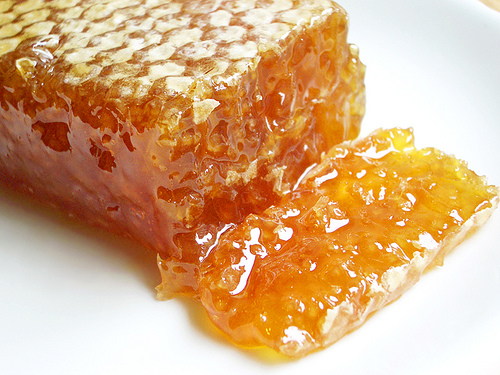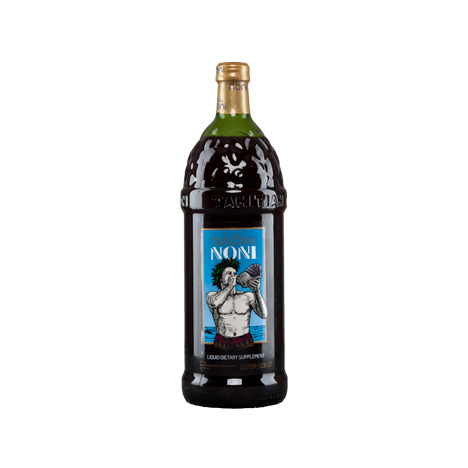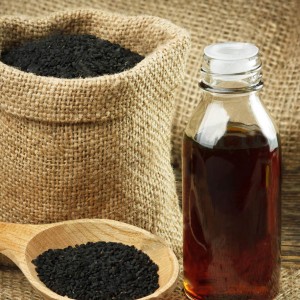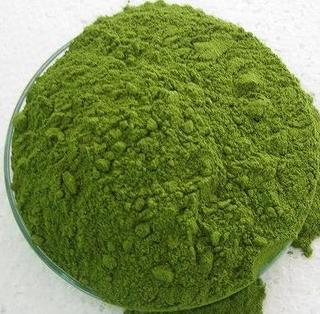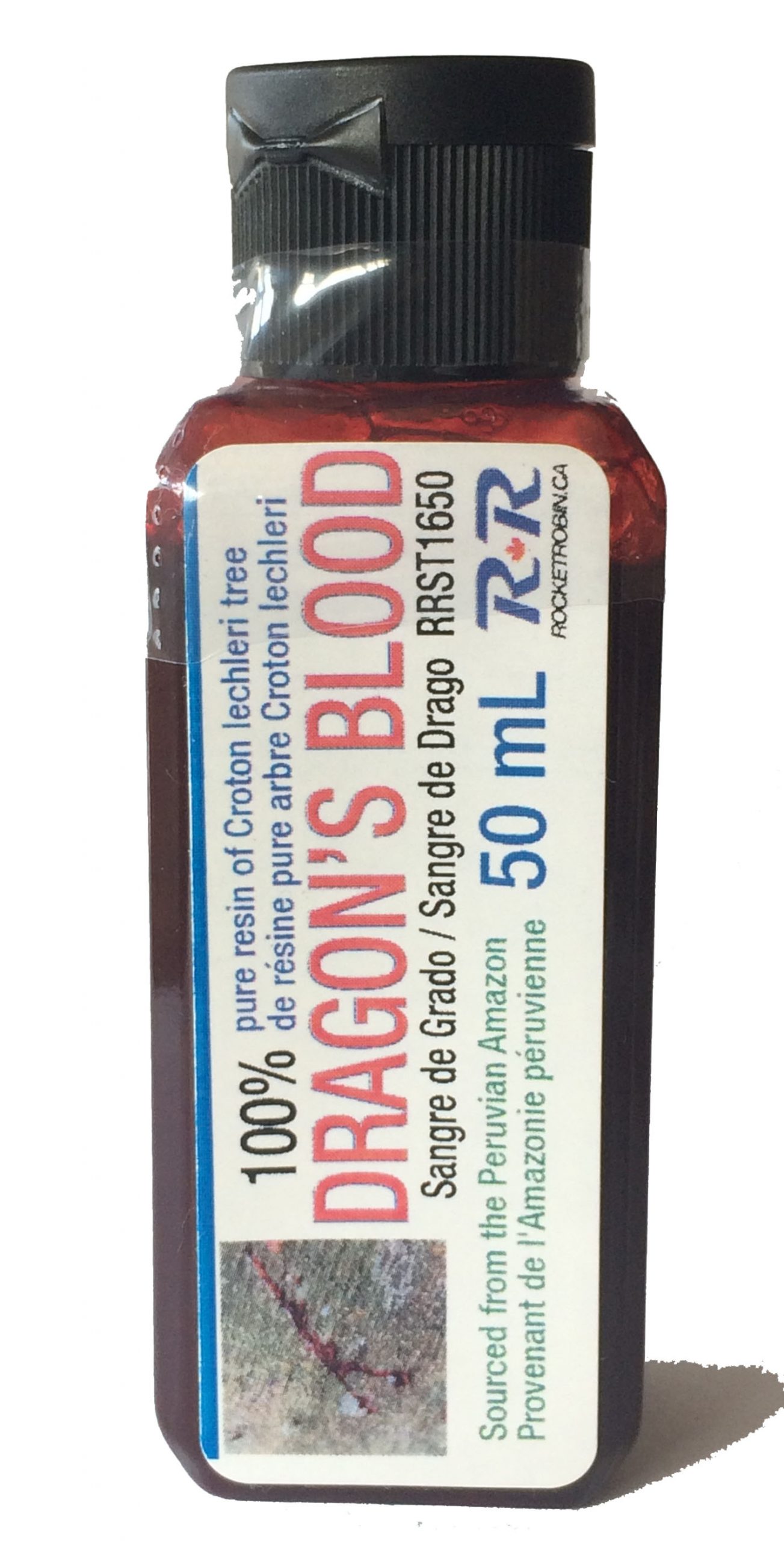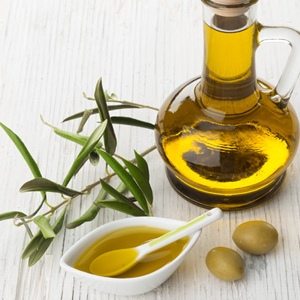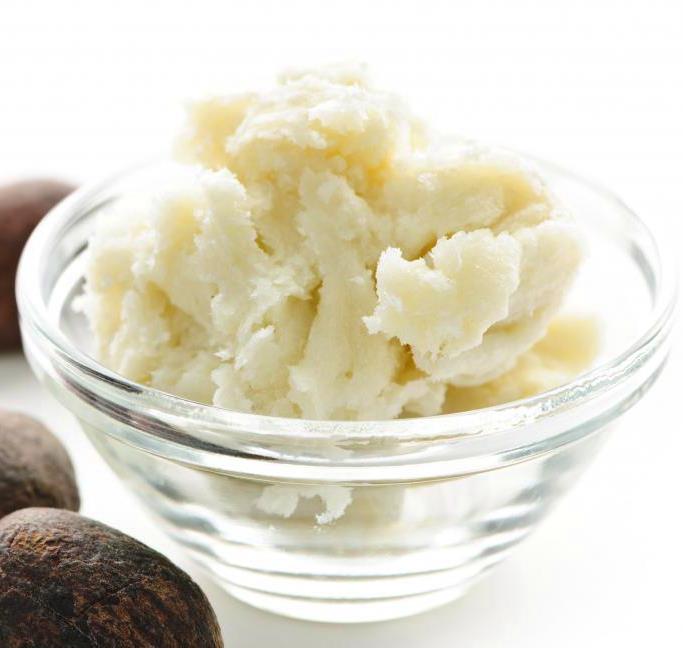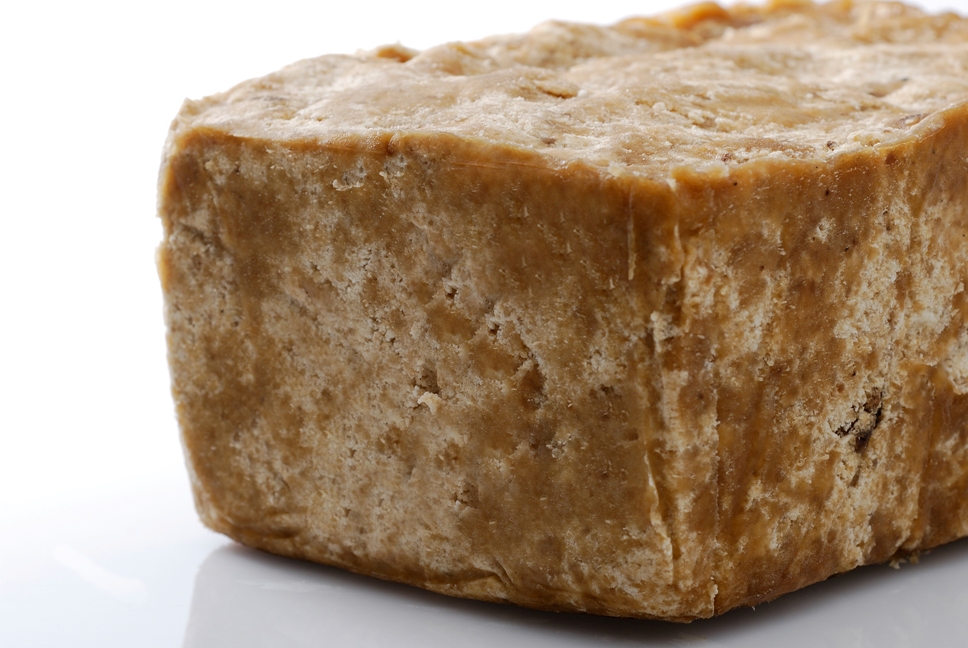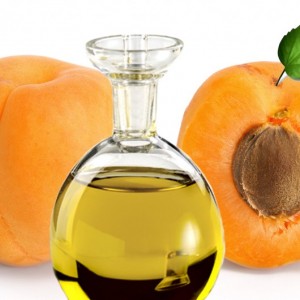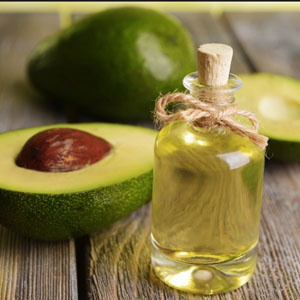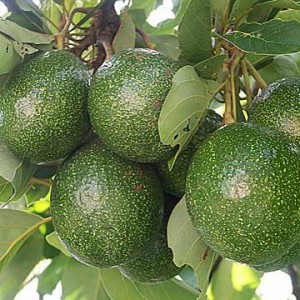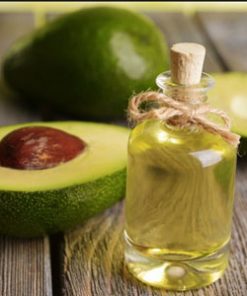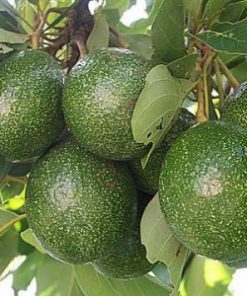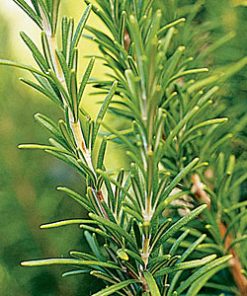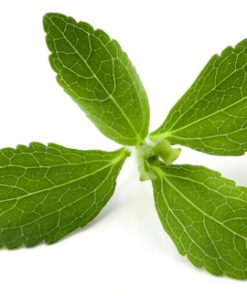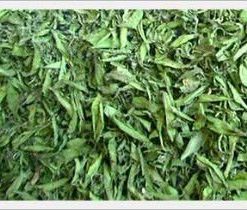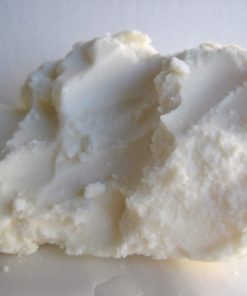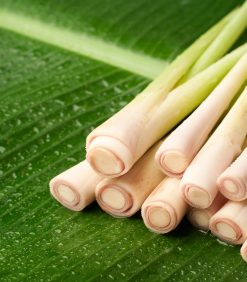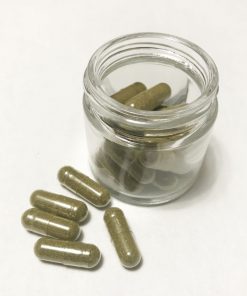Description
Avocado Oil
Avocado oil is pressed from the pulp of the fruit rather than the seed. Because of its particular fat ratios, extra virgin avocado oil has a high smoke point of 400°F (204°C). This makes it extremely adaptable in the kitchen for anything from sautéing to stir-fry, baking to salads.
Unlike the sometimes bitter taste and pungent scent of olive oil, avocado oil has a mild smell, a creamy texture and rich, lingering taste that’s both naturally buttery and slightly nutty. (To most people, the oil smells like a soft, ripe avocado with maybe a very faint hint of artichoke.) It’s become a favourite oil for fish, grilled vegetables and a lot of salad recipes.
Because of the higher smoke point, you can use avocado oil in cooking marinades as well as finishing sauces. Many people who avoid all dairy may use this oil in lieu of butter (or even ghee) for most of their cooking.
An interesting fact is that an avocado is over 75% fat. A peculiar property of the avocado is that the fruit do not ripen while they remain on the tree even once they have reached maximum maturity. If the fruits are not harvested, they can remain on the tree even when the next year’s fruit is developing, and can remain on the tree for more than 18 months from flowering. Once harvested, the avocado will begin to ripen. This process involves the softening of the flesh due to endogenous pectolytic enzyme activity and, for some varieties, the coloring of the skin from green to purple-black. The degree of ripeness of the avocado is primarily determined by measuring the firmness of the fruit.
PROPERTIES OF AVOCADO OIL
Like olive oil, avocado oil is one of the few cooking oils extracted directly from the fruit, rather than chemically extracted from seeds. Avocado fruit contains around 30% oil and it is extracted in a similar way to extra virgin olive oil.
Avocado oil is a very healthy cooking oil, with an extremely beneficial fatty acid profile, good levels of antioxidants and other interesting compounds, and a high smoke point that makes it great for frying with. Actually, in all of these ways it’s superior to the much more commonly used olive oil.
The high oil content of the avocado fruit (Persea americana Mill.) has been known since Aztec times, with the fruit sometimes referred to as “vegetable butter” or “butter pear.” The plant originated in Central America, and its cultivation has spread to warm subtropical and temperate climates worldwide. The flesh of an avocado can contain up to 30% oil (based on fresh weight), but there is very little in the seed (≈2%) or the skin (≈7%). Avocado oil was originally, and still is, extracted for cosmetic use because of its very high skin penetration and rapid absorption.
EXTRACTION OF AVOCADO OIL
The process for recovering oil from ripe avocados is a mechanical extraction, similar to olive oil extraction, with the additional step of removing the skin and stone (seed). After this, the flesh is ground to a paste and then malaxed for 40-60 minutes at 45-50°C. This is a higher malaxing temperature than used for olive oil extraction, but it is still considered to be cold-pressed extraction for avocado oil. The slightly higher temperature aids the extraction of the oil from the oil-containing cells and does not affect the quality of the oil. The oil and water phases are separated from the pulp using a high-speed decanting centrifuge, and then the oil is separated from the water in final polishing centrifuges. The pulp from the decanting centrifuge and waste skin/seeds are returned to orchards for soil conditioning and mulch, or used as animal feed.
ON YOUR SKIN
Avocado oil has a high amount of vitamin E in it, which is an antioxidant. And it is thought to hydrate just as well if not deeper than coconut oil. Avocado oil also contains fatty acids, phytosterols, and a substance called sterolin. The vitamins and minerals in avocado oil are not only nourishing for the inside of your body, they can also feed you from the outside in. Boost your skin’s ability to generate more and stronger cells by moisturizing with avocado oil. The vitamin E, potassium, and lecithin which are the primary skin-feeding nutrients in the oil are all easily absorbed through the epidermis – the outermost layer of the skin – and into the dermis where they provide energy for the growth and health of new skin as well as fortification of existing cells.
IN YOUR HAIR
Avocado oil can be used in hair just like any other oil. In natural hair circles especially, avocado oil is well-loved and sought after. The same nutrients in avocado oil which make it ideal for moisturizing and feeding skin are also exceptionally nourishing for your hair. After cleansing your hair, apply avocado oil alone or mixed with your favourite hair- and scalp-friendly essential oils to improve both the appearance and structure of existing hair while at the same time promoting healthier and faster growth of new strands.
TRUST ROCKET ROBIN
Rocket Robin is proud to be your supplier of truly natural products with simple ingredients in support of your family’s health and well-being.
Additional information
| Weight | 0.3 kg |
|---|---|
| Dimensions | 15 × 15 × 2.5 cm |

